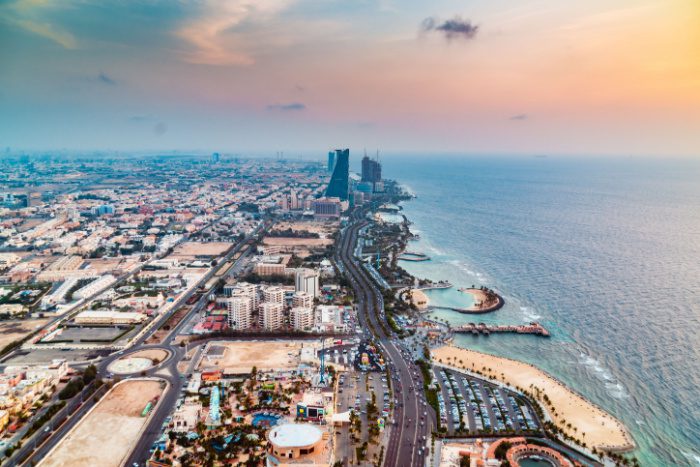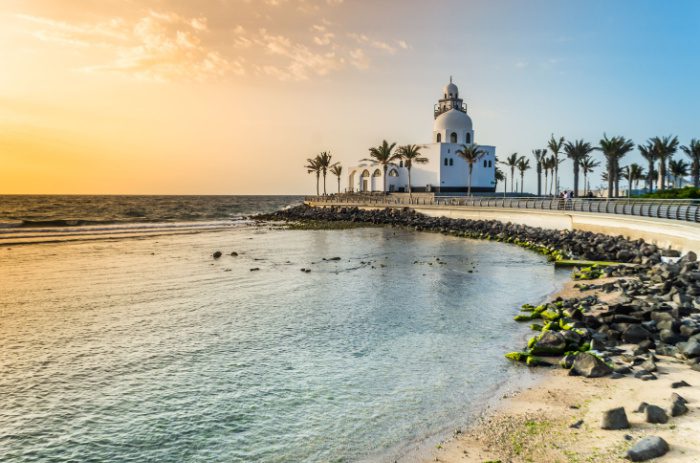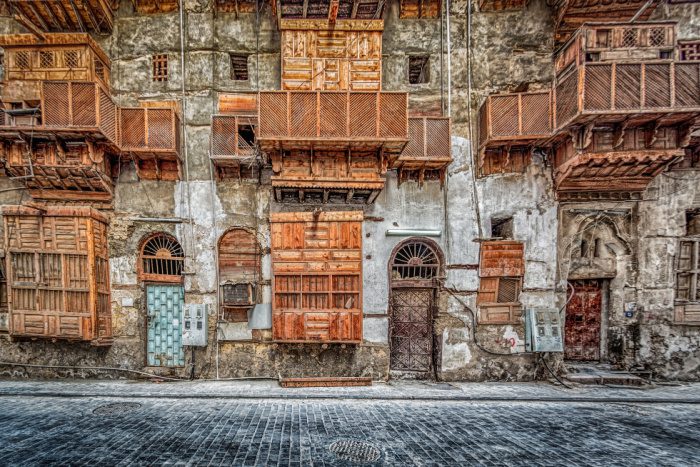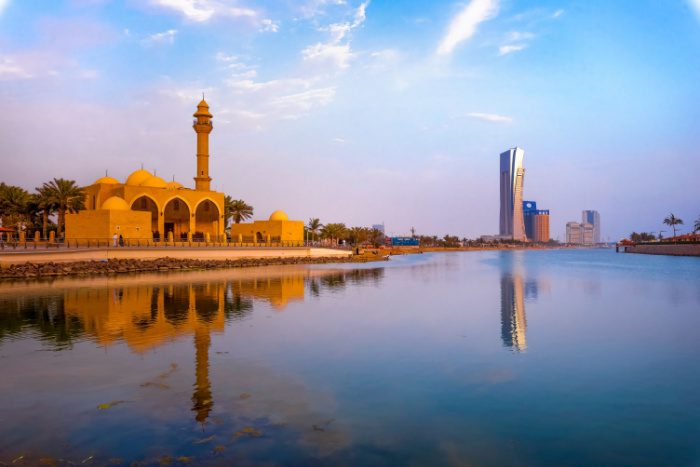While Saudi Arabia is welcoming tourists now more than ever, it’s important to be aware that there are certain rules you still need to follow during your time there, even as a non-Muslim.
Please note: Non-Muslims aren’t allowed to visit the religious areas of Mecca and Medina at all.

Things to Note
Dress
Both men and women must dress modestly across Saudi Arabia. While it is not essential for female visitors to cover their hair, most women in Saudi Arabia do, so you may feel more comfortable if you do so. The rules for dress were changed for tourists in 2019 meaning that abayas are no longer required for female visitors and slightly more western dress is allowed. However, we recommend that both men and women wear long and flowing clothing in opaque fabrics. Most people in Saudi Arabia opt for dark colours too, although this is a personal choice.
Language
Swearing and making crude gestures is banned in Saudi Arabia, and those who do so can be fined. It is also frowned upon to talk too loudly or to make a scene.
Alcohol and Substances
The sale, purchase and consumption of both alcohol and any drugs is illegal across Saudi Arabia. The laws around this are strict, and it is important that you follow them.
LGBTQ+ Travellers
While the Saudi Arabia tourism website claims that everyone is welcome in the country, we would advise LGBTQ+ travellers to be cautious while visiting. It might help to check websites like the Human Dignity Trust before you book!

Travelling during events
Ramadan
Ramadan is a holy month for Muslims when they aren’t allowed to let anything pass their lips from dawn until sunset. While non-Muslims don’t have to partake if they are visiting a Muslim country during this time, they can show their respect by adjusting their behaviour slightly.
In addition to the rules outlined above, you should also refrain from eating, drinking, smoking or chewing gum in public during these four weeks. If you do need to sip some water, simply try and find a quiet spot where you can do so.
While some eateries may serve food during fasting hours, they will likely separate you or cover you using screens. And while the atmosphere will be much more lively in restaurants after sunset, you might want to avoid such a huge rush and allow room for others to break their fast.
Finally, be patient and keep in mind that many of the people around you will be hungry and dehydrated, so they may be a little more snappy than usual!

Saudi Arabia National Day
The country’s national day falls on the 23rd September, when festivities take over the streets in the form of parades, performances and fireworks. Since this is a public holiday, most businesses will be closed (they may even shut on the days either side too), so be sure to take this into account when planning your itinerary!
Eid Al Fitr & Eid Al Adha
Eid Al Fitr is the three-day celebration that immediately follows the holy month of Ramadan, while Eid Al Adha is the Festival of Sacrifice that takes place after the Hajj pilgrimage. During the latter, an animal is usually sacrificed and then shared as a meal among families, friends and those who are less fortunate. Once again, many shops and businesses close during these two events, and on the days around them, so you’ll need to make sure you have enough supplies if you are visiting during these times.

